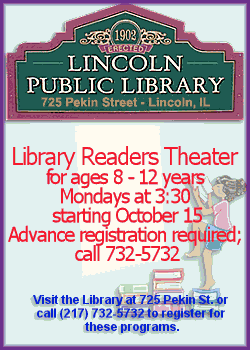|
 He focused in particular on the North American Free Trade Agreement, which many U.S. unions contend has sent American jobs outside the nation's borders and held down wages here. He focused in particular on the North American Free Trade Agreement, which many U.S. unions contend has sent American jobs outside the nation's borders and held down wages here.
"So, when a candidate rails against NAFTA today, it's fair to ask her where she was with NAFTA 20 years ago," said Obama. "You don't just suddenly wake up and say NAFTA is a terrible thing when you were for it before."
Obama made his case at a regional convention of the United Auto Workers just a day after Clinton used the same forum to call for a "time out" on new trade deals while their impact on American jobs is assessed.
In her speech, Clinton said she would be cautious on new trade agreements, but she carries the baggage of her husband's presidency during which NAFTA was negotiated and approved.

"Politicians often say they are pro-labor at election time, no matter what they've said or done before," said Obama. "And that leaves you wondering what they will say or do after the election."
He singled out rivals Clinton and John Edwards.
"I've been consistent. You can't say that about the other two major candidates," said Obama. "When a candidate says he opposes right-to-work laws or trade rules that hurt workers today, ask him where he's been before. Because America needs a president who will fight for you when it's hard, and not when it's politically convenient."
Obama told the labor activists that there have been few occasions when he's had to switch positions, because he's been on the side of workers since he got into politics 20 years ago.
"The nice thing about my candidacy is I don't have to apologize for a lot of mistakes," said Obama.
During his speech, Obama focused heavily on trade, a key issue for unions where leaders argue that trade agreements often end up pitting American workers against low-wage workers overseas. He drew a standing ovation when he vowed to fight any deal that doesn't protect workers and the environment.
[to top of second column]
 |
 On a personal level, Obama sought to compare his life with those of working Americans, back to his beginning as an organizer in Chicago.
"Imagine a president whose life story is like so many of your own," said Obama. "I want to stand with you. I want to put the weight of the presidency behind the working men and women of America."
The labor leaders represent workers in Illinois, Wisconsin, Minnesota and Iowa, and Obama was focusing on Iowa where precinct caucuses this winter will launch the presidential nominating season.
"Politics didn't lead me to working people," Obama said. "Working people led me into politics. I was standing with American workers on the streets of Chicago 20 years ago. If the Democratic Party means anything, it means you stand with labor, it means you value labor."

Obama served up some of the hottest populist rhetoric to an audience that's getting heavy attention from presidential candidates, with five speaking to the group on Monday and Edwards scheduled on Wednesday.
"The same old Washington textbook campaigns just won't do," said Obama, "Triangulating and poll testing our positions because we're afraid of what Mitt or Rudy might say about us just won't do."
While Clinton has built a substantial lead in national polls, the race for Iowa's leadoff caucuses is much closer. Clinton has a fragile lead but is facing a tough challenge from both Obama and Edwards. The exchanges between the leading candidates are warming significantly as the caucuses near, reflecting that tight race.
[Associated
Press; By MIKE GLOVER]
Copyright 2007 The Associated
Press. All rights reserved. This material may not be published,
broadcast, rewritten or redistributed. |